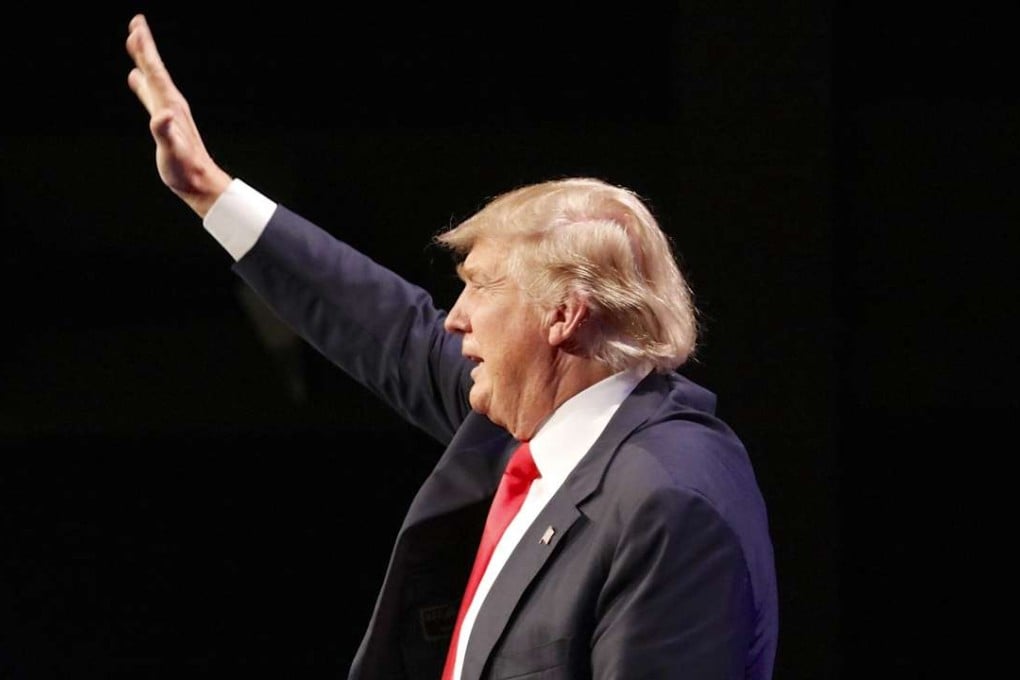Reflections | Why Donald Trump’s rise bears similarity to ancient Chinese businessman
Just as Donald Trump went from businessman to president of the United States, Lü Buwei rose from small-time trader to the prime minister of the state of Qin

Donald John Trump may be the 45th president of the United States but for many of us who grew up in the 1980s, he will always be the businessman who best personifies the excesses and crassness of the decade that tried to convince the world that avarice was a virtue.
Does Donald Trump’s ascension spell the end of China’s economic rise?
One businessman in ancient China made it to the pinnacle of power with his acumen and foresight. Lü Buwei (died 235BC), a peripatetic merchant who made a fortune by “buying cheap and selling dear”, was in the state of Zhao when he met Ying Yiren, a prince from the state of Qin who was sent there as Qin’s royal hostage, a common diplomatic practice of the time.
A peek into the Chinese factory that makes a fortune from Donald Trump masks
Sensing a business opportunity, Lü asked his father: “How much profit does one gain from farming?” “Tenfold,” his father answered. “What about trading in precious gems?” “A hundredfold.” “How about nurturing a down-and-out man into a future monarch?” “The profit will be incalculable!” And so Lü invested huge amounts of money in Ying, finding him a wife, buying him an entourage and accoutrements befitting royalty, and bribing the then crown prince and princess of Qin, who were childless, to adopt Ying as their heir.
Donald Trump’s meeting with Jack Ma suggests new wave of ‘business diplomacy’
